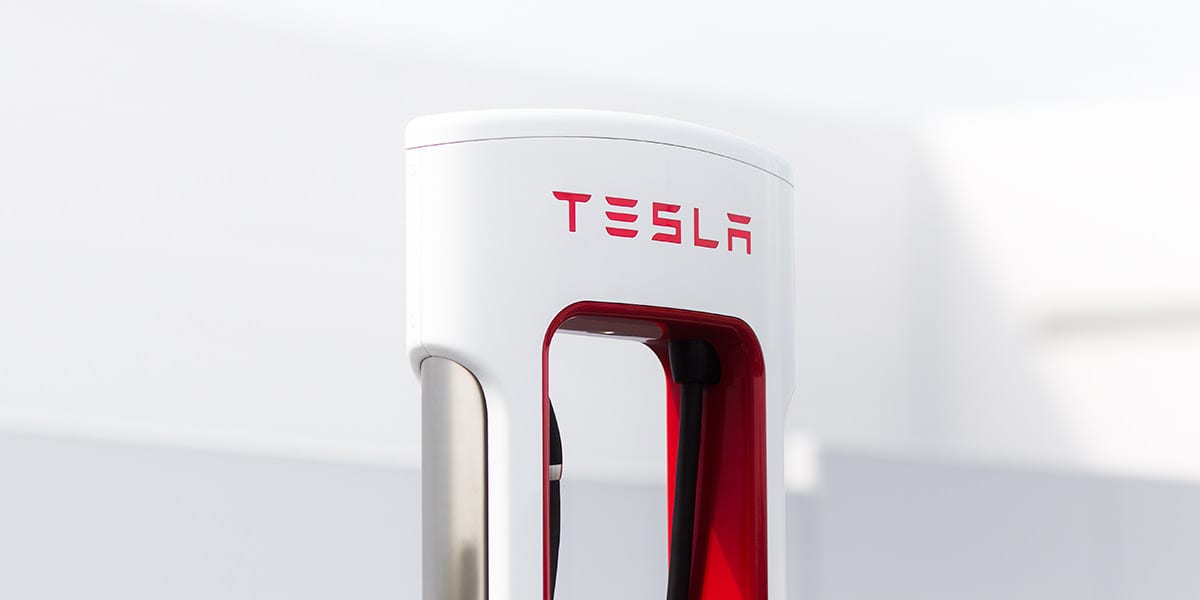The Australian Bureau of Statistics data published by RenewEconomy yesterday on registrations of Tesla electric cars up to early 2017 has sparked something of a furore, with many disputing the ABS numbers – including the company itself.
We thought the data was interesting, because it gave an insight into the geographic and postcode distribution of these top-of-the-line electric cars, and we’ve gone back to the ABS for clarification about the actual numbers. Their data boffins are yet to respond in detail.
But there was a silver lining – some kind person sent us the “official” sales figures for Tesla EV deliveries up to the end of 2017 – and it represents a significant increase over previous years, as this graph below indicates.
Tesla prefers to keep a tight lip on details of sales within Australia – and all individual countries for that matter – and even official industry statisticians struggle with the numbers.
This data above, sourced internally, shows that the total sales of Tesla EVs in Australia was 1,410 in calendar 2017 – a combination of Model S and Model X – a near three-fold increase from 505 in 2016. There is no breakdown of states or models.
The data shows that Tesla sales to the end of 2017 totalled 2,498 since the first Model S deliveries were made in late 2014 and the first Tesla store opened in north Sydney.
What this data does do is highlight the discrepancy with the ABS data. Most readers suggested that the ABS numbers were wildly asked – particularly the claim there had only been 3 Teslas registered in Tasmania, and small numbers in Adelaide and Melbourne.
Tesla was also not impressed.
A spokesperson from the ABS said that the data from the Motor Vehicle Census supplied to RenewEconomy is built from a snapshot obtained from all of the state motor registries.
The data is built from fuel type codes – which do separate EV from the chaff but also throw hybrids in with all dual fuels. That doesn’t explain the discrepancy from the car makes, which are clearly delineated in the data sets.
The graph above sourced internally for the latest Tesla sales tallies more closely with other data assembled by the likes of V-Facts and published in the recent ClimateWorks analysis of the EV market in Australia.
However, it does suggest that the Tesla numbers were even bigger than thought, as the V-Facts data points to around 1,200 EV sales above $100,000 in 2017. We’re not aware that Tesla EVs are sold for less.
Looking at the two years prior to the ABS data capture (Q4 2014- Q4 2016), there were 1,251 Teslas delivered – that’s 512 more than the ABS claims were registered.
Even so, it’s also clear that since the ABS data was compiled, Tesla has seen a massive jump in sales.











